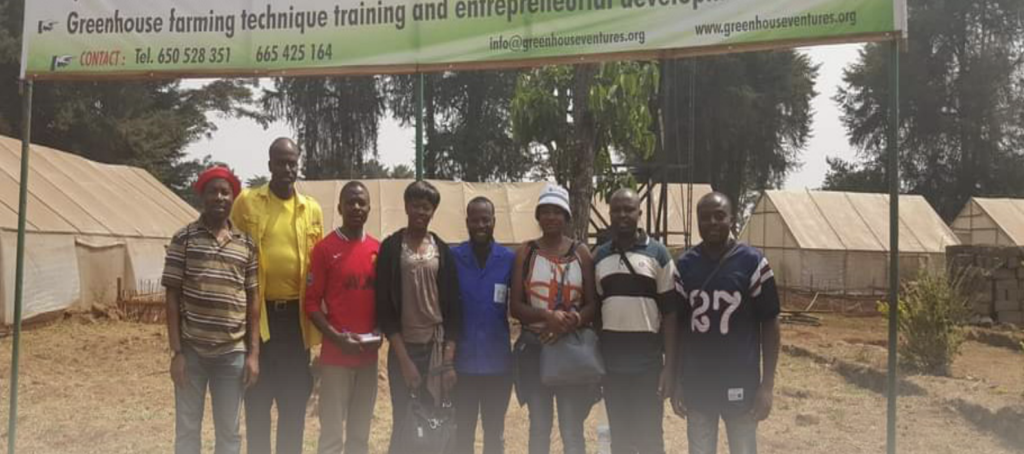By Elias Ngalame
UNSUSTAINABLE farming practices, exacerbated by climate change, have led to dwindling food crop production in many parts of Cameroon in the past two decades and prompted an increase in food imports, according to the Ministry of Agriculture.
The good news is that the future of food crop production is looking brighter, thanks to the rising adoption of climatesmart farming technologies like greenhouses.
Roland Fomundam, the CEO of agribusiness firm Greenhouse Ventures, says greenhouse technology has made farming more attractive in communities, especially among the youth.
“We have succeeded in rebranding agriculture in Cameroon, making it very attractive for others. We have since trained over 5000 young farmers who are replicating the Greenhouse technology in different parts of the country,” says Fomundam.
His organisation was founded in 2014 with a common goal to increase quality and quantity of food, ensuring production and profit with the use of the low-cost climate-smart greenhouse technology.
Greenhouse farming involves use of structures covered by a special plastic or glass for the cultivation of crops, mostly vegetables and herbs under controlled environments.
Christopher Ekungwe, the Southwest regional delegate for agriculture, says adoption of greenhouses has significantly improved production, availability and variety of food supplies in local markets.
“Before it was hard to find produce such as green spices in our local markets and even if you found it, it was very costly. Now, these items can be supplied directly to households by using a phone,” says Ekungwe.

